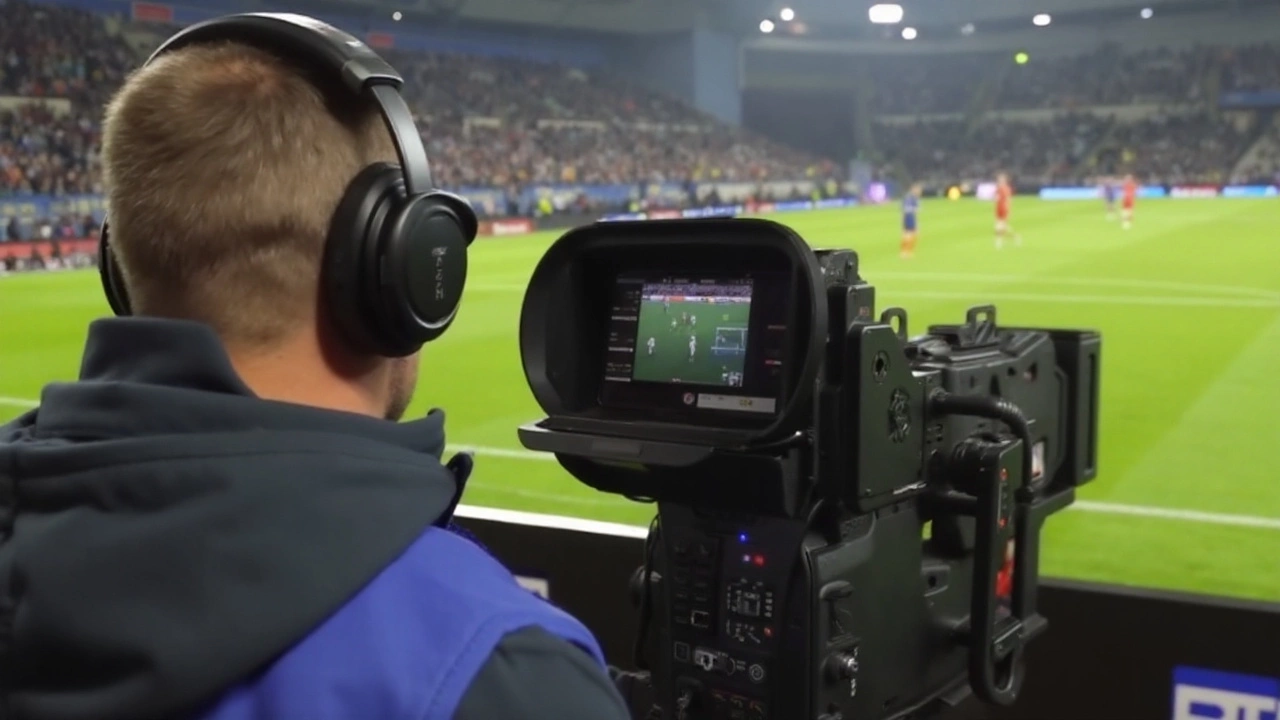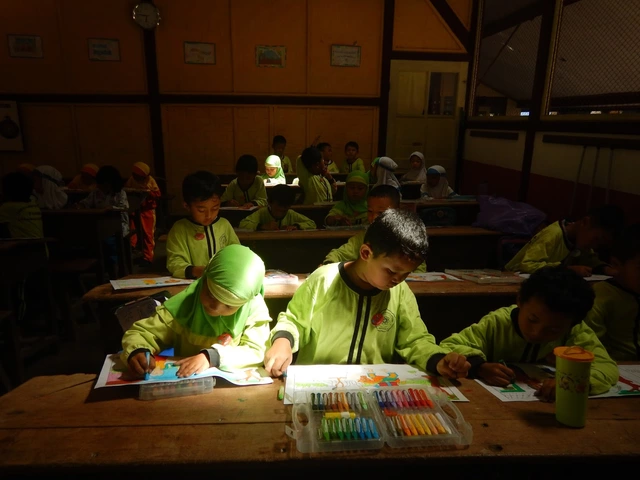A farewell at the Monumental
On a night loaded with emotion in Buenos Aires, Lionel Messi scored twice to guide Argentina past Venezuela 3-0 in a World Cup 2026 qualifier that felt bigger than three points. At 38, in what was presented as his final competitive home match for the national team, the captain delivered the kind of performance that has defined two decades in blue and white: calm under pressure, ruthless in front of goal, and fully in sync with a crowd that has lived every beat of his story.
The backdrop mattered. This was Matchday 17 of CONMEBOL qualifying at a packed Estadio Monumental, the same stadium where Argentina has celebrated trophies, endured stress, and watched generations come and go. The home side controlled the tempo from the first whistle, kept the ball moving, and forced Venezuela to chase. Messi’s brace framed the night, but the larger picture was Argentina’s collective authority in a high-stakes window late in the campaign.
Argentina’s approach was simple and effective: circulate the ball, draw Venezuela out, and strike with precision. Messi dropped into pockets to connect play, then arrived in the box at the right moments. The third goal capped the control Argentina had built, turning the match into a statement of where they stand in South America—on top and looking settled.
As the final minutes ticked away, the Monumental turned reflective. Flags waved, phones lit up, and applause rolled around the bowl with the kind of warmth only earned over years. Messi appeared visibly moved, soaking in the ovation. It was a farewell to competitive home nights more than a goodbye to the shirt, a distinction that carries weight for a player who has learned to choose his moments without letting go of the team that defines him.

What it means for Argentina and Venezuela
The result kept Argentina first in the CONMEBOL standings with 38 points from 17 matches, clear of Brazil (28) and Uruguay (27). Venezuela remained seventh on 18 points and under pressure with one game left in the cycle. For Argentina, it’s another step toward closing out a dominant qualifying run; for Venezuela, the margin for error shrank even further.
- Argentina: 38 points (1st) – locked into the top spots
- Brazil: 28 points
- Uruguay: 27 points
- Venezuela: 18 points (7th) – battling for a playoff lifeline
The format matters here. South America sends the top six teams directly to the 2026 World Cup, while the seventh-placed side goes to an inter-confederation playoff. Argentina’s tally means they’re already over the line. Venezuela, still without a World Cup appearance in their history, face a tightrope: stay seventh and they get a playoff shot; slip, and the wait stretches further.
Beyond the table, the match underscored how Argentina has evolved with age and experience. The reigning world champions have learned to win without burning through energy. They manage phases, pick their moments, and let talent decide in the final third. Messi’s role is a microcosm of that evolution—less sprinting, more economy, but the same threat when it counts.
It also raised the question of what comes next. If this was Messi’s last competitive match at home, the handover to the next generation will be gradual, not abrupt. The core around him has matured, and the system is stable enough to carry on even when he isn’t on the pitch every minute. That’s how dynasties endure: the identity stays, the faces rotate.
The emotions were not only local. The broadcast drew global attention, as fans treated the night like a chapter marker in football history. For nearly 20 years, Messi’s arc with Argentina has been a rollercoaster that landed with silverware—the Copa América in 2021, the Finalissima in 2022, and the World Cup in 2022. This game felt like a quiet acknowledgment that the story is now in its final pages, even if there are still lines to write in 2026.
Argentina’s win also hinted at tournament readiness. The pressing was coordinated, the defensive line rarely scrambled, and transitions were clean. When Venezuela tried to push numbers forward, Argentina didn’t panic; they absorbed and went again. That’s the hallmark of a team that knows where it’s going and how it wants to play once it gets there.
For Venezuela, the takeaway is tougher. They battled but struggled to sustain attacks in the final third. Their path is still alive, but it now likely runs through a playoff, which is a very different type of pressure. One moment can swing everything there. The focus shifts to game management, set pieces, and small details that decide knockout football.
Back in Buenos Aires, the images from the whistle will linger: the flags, the songs, the tears. If this was Messi’s last competitive dance at home, it was fitting—goals, control, and a crowd saying thank you. The table says Argentina is where it wants to be. The performance says they know how to stay there.






Tulis komentar